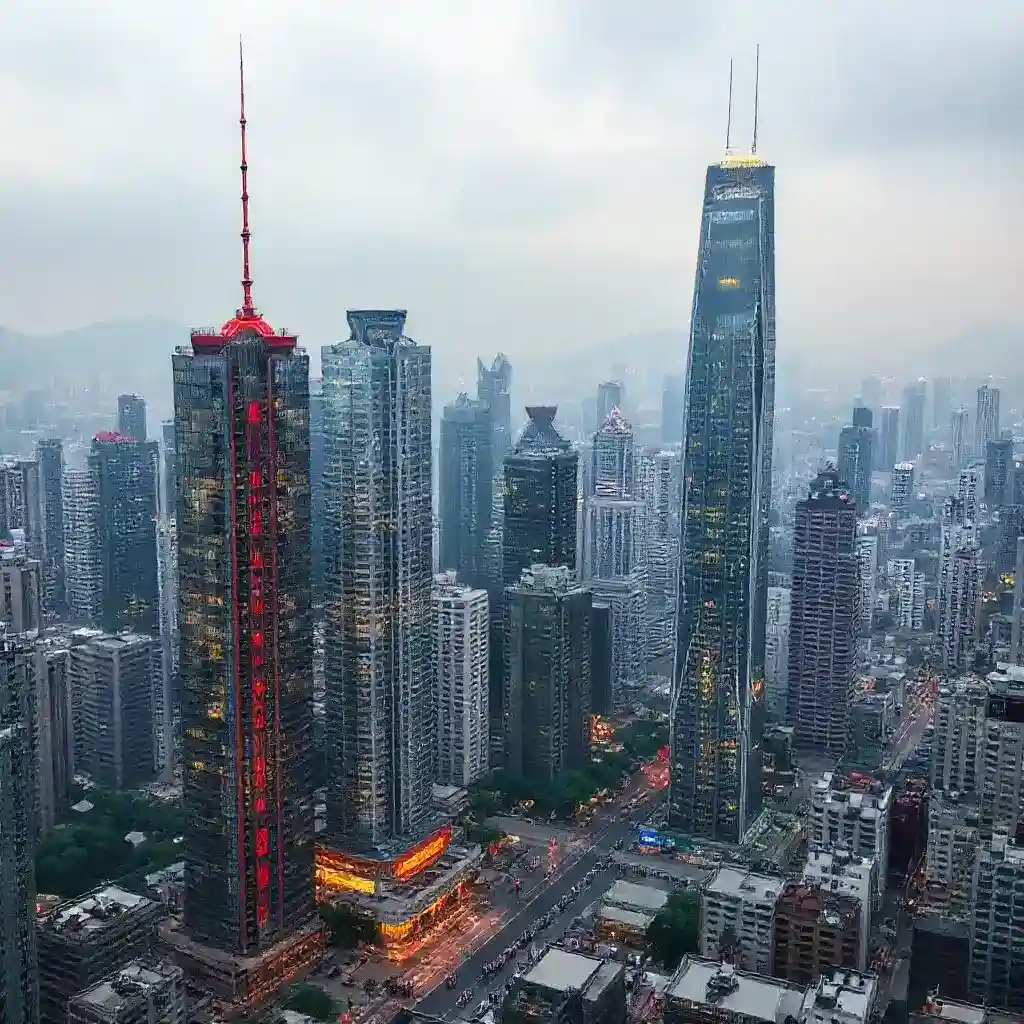Lessons after Chinese’s Economy Decline and Prospects for Improvements.
Regardless of the new phase of the trade conflict between the US and China which hasn’t just begun, there have been numerous problems in China’s economy earlier. Mainly making it difficult to locate the direction of the second largest economy in the world at present. The decline of the growth rate and the upsurge of the debt crisis, in particular, is a threat of China’s difficulty that will have effects that will go beyond the national borders pushing policy reactions directed at the global economy as a whole. China is in trouble as the economic downturn worsens, the question now in debate, can China get herself back in healthy economic status?
The Economic Crisis A Guide.
Decline in the pillar of modern civilization is due to a combination of the most compressive of crisis factors ever. Here, the most prominent role was assigned to President Xi Jinping’s “zero-covid” strategy: the policy prompted the isolation, at home, ofvast workforces and utterly disrupted businesses. Yet the crisis was not even limited to that much, it grossly overwhelmed the realms of the system equilibrium. Specifically, China’s huge real estate and leveraged loans bubble was pricked – major real estate developers like Evergrande defaulted, housing prices crashed, and regions in the country incurred budget crisis. Those problems led to unsettled feelings by investors, both domestic and international, contributing to the economic crisis.
This has in turn resulted in the otherwise once thriving economy, which experienced growth rates ranging from seven to eight percent to now a meager five percent. This decline is also distinctly marked by deflation, putting at risk the large levels of private debt, and making it difficult for households to consume. Such troubling conditions are accompanied by concern about youth inactivity, which has reached over 18.8%, pointing to deep issues in the operation of the labor markets.
Measures Encouraging the Recovery and Growth of the Chinese Economy are Limited Only to Stimulating Domestic Consumption
During economic hardship governments of most countries employ aggressive fiscal and monetary policies mainly to Aversion of the economic conditions and assistance in the process of recovery. This was not the case with China during its difficult period. The government cannot afford to increase debt as a part of large stimulus programs since local governments have no space for public spending as it is. Additionally, removal of credit supply would distort all factors in the housing and credit markets hence permitting the escape of the over indebted property market.
China, with limits on how much it can do domestically, seems to be reverting to its old practice of solving the emergent problem by selling goods abroad. This entials, ensuring that its goods are cheap in foreign markets through depreciation of the exchange rate and disposing of the surplus industries through among implications. Yet, these suppositions have a myriad of problems. Most of the largest trading partners of China, the United States and Germany, are already in the midst of economic recessions and are being weary of the moves by China. For instance, the US has imposed tariffs the commodities while actively working on decoupling itself from the dependence on trade with China; in the similar manner, Europe is also erecting trade walls to support its own industries.
A ‘Lost Decade’ In a Nutshell: For China?’
The current economic situation in China appears to be going the same way as that of Japan in the late 1990s such as the era of the so-called “lost decade” characterized by the third largest economy’s slow growth and financial indiscipline. If the country continues on this course, there is every likelihood that it is going to get complications of the same nature for a long time. This would be disastrous not only to China but also to the whole world in as much as the world’s economy has benefited so much from the Chinese economy.
And somewhat puzzingly there is a potential advantage that can arise from such economic slow down. The world prices of goods traded internationally can drop since China is not likely to be importing commodities on the usual scale. This will make it easier for Federal Reserve and other central banks when it comes to fighting inflation. However, this is never a good thing for the efficiency of the economy of China which clearly appears to rely much on boosting consumption for a more sustainable growth..
